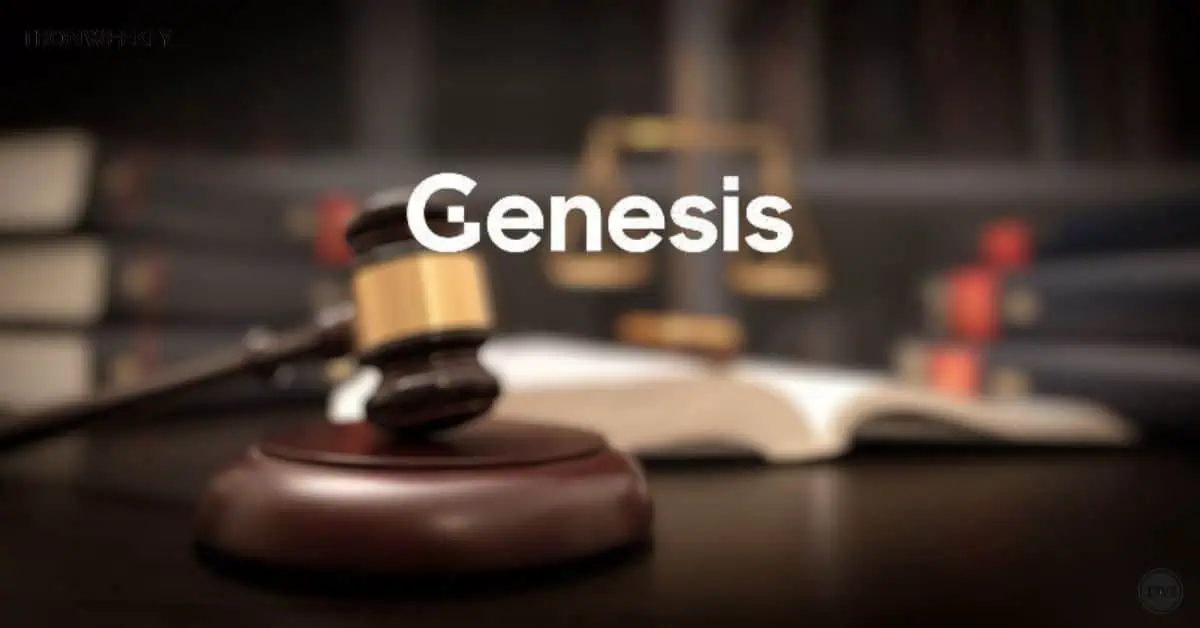
Crypto lender Genesis Global has taken a significant step towards resolving its bankruptcy case. On Friday, a US Bankruptcy Judge approved the company’s Chapter 11 liquidation plan, paving the way for a partial return of funds to its customers. This marks a positive development for Genesis’ creditors, who will receive an estimated $3 billion in cash and cryptocurrency.
However, the ruling throws shade on the future of Genesis’ parent company, Digital Currency Group (DCG). The judge rejected DCG’s objection to the plan, which argued that Genesis should only compensate customers based on the lower crypto asset valuations from January 2023, when the bankruptcy began.
The crux of the disagreement lies in the dramatic rise of cryptocurrency prices since January 2023. Bitcoin, for instance, has more than tripled in value, jumping from $21,000 to its current price of around $67,100. DCG believed this appreciation shouldn’t benefit creditors, arguing for a fixed valuation based on the filing date.
Judge Sean Lane dismissed DCG’s argument, highlighting the presence of other creditors with significantly larger claims. These include federal and state financial regulators seeking a staggering $32 billion. Even if customer claims were capped at the lower January 2023 prices, Genesis wouldn’t have enough funds to reach DCG after settling these debts.
“There are nowhere near enough assets to provide any recovery to DCG in these cases,” said Lane.
Genesis Customer Repayment Uncertainty
While the $3 billion represents a significant sum, it’s unlikely to fully compensate all Genesis customers. The company will prioritize returning assets in cryptocurrency whenever possible. However, due to a shortfall in crypto holdings, some customers might receive a combination of cash and digital assets.
The exact percentage of recovered funds will depend on future cryptocurrency price fluctuations. In February, Genesis estimated a potential payout of up to 77% of customer claims, but this figure could change based on market conditions.
The Genesis bankruptcy case serves as a cautionary tale for the crypto industry, highlighting the inherent volatility of digital assets. While some investors might benefit from price surges during bankruptcy proceedings, others, like DCG, face the risk of losing their entire stake.
The future of DCG remains uncertain. The company faces potential legal challenges and will need to rebuild trust with investors after this setback. With crypto markets still prone to significant swings, navigating the complex world of digital finance demands a cautious and well-defined strategy.










